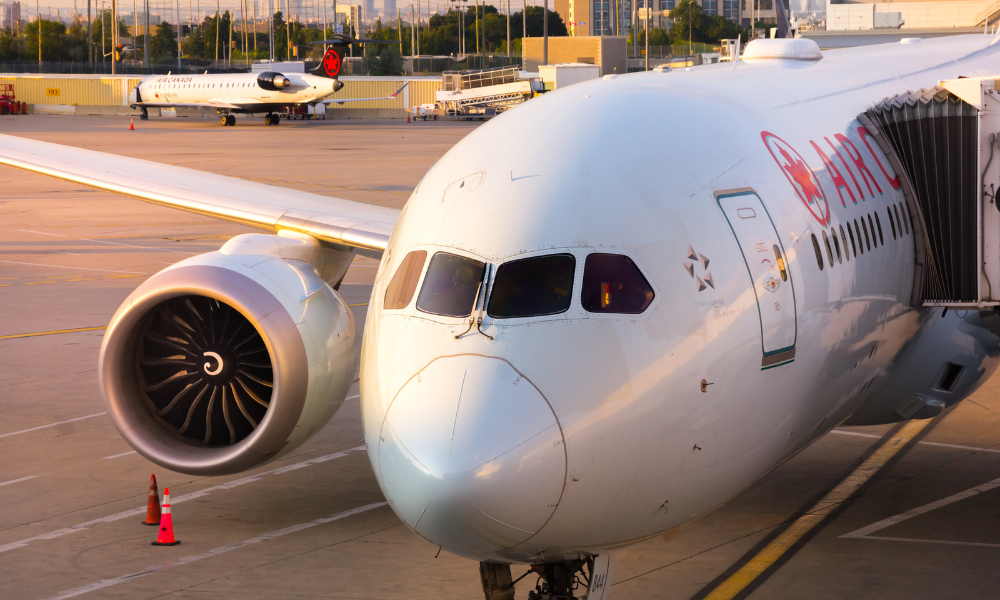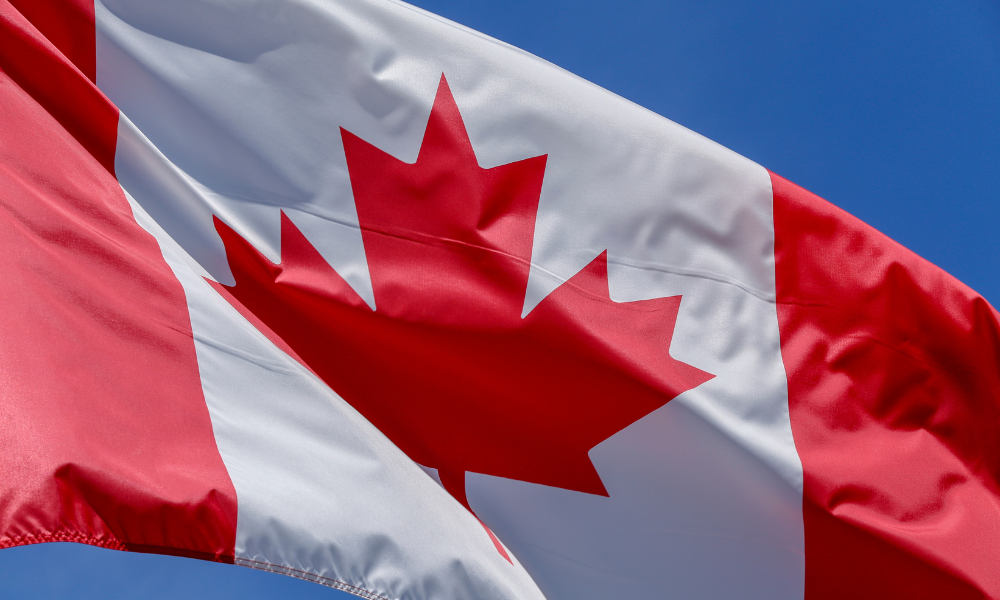A Fraser Institute study found that outdated federal policies are driving up airfares in Canada, limiting competition, and reducing service quality.
The study, "Clearing the Runway: Reforms to Enhance Air Travel Competition," argued that aligning Canada's aviation policies with international best practices could lead to more affordable flights and a more competitive market.
Jake Fuss, director of Fiscal Studies at the Fraser Institute and co-author, stated that Canadian travellers face higher airfares than other countries due to excessive fees and regulatory barriers. Four main charges—airport improvement fees, air traffic control fees, air travel security charges, and airport landing fees—significantly contribute to rising costs. The study pointed to non-safety related regulations and a restrictive airport ownership model as additional factors that limit competition and increase consumer expenses.
The study suggested several key policy changes to improve the airline industry's competitiveness. It recommended allowing for-profit ownership of airports, a practice common in other developed countries, to enhance efficiency, encourage innovation, and reduce travel costs. The study also advocated removing cabotage restrictions, which prevent foreign airlines from operating domestic routes within Canada. According to the report, allowing foreign competition could lead to lower fares and improved service.
Another recommendation is to make taxes and fees more competitive by reducing airport-related charges. The study suggested that aligning these fees with international standards would make air travel more affordable for Canadian passengers. Additionally, it called for deregulating specific federal aviation policies unrelated to safety, arguing that reducing unnecessary regulations would lower costs for airlines and promote a more competitive market without compromising safety standards.
Alex Whalen, director of Atlantic Canada Prosperity at the Fraser Institute and co-author of the study, stated that outdated policies restrict competition and innovation in the airline sector, leading to higher fares for consumers. He emphasized that adopting policies in other developed countries could create a more consumer-friendly air travel market in Canada.





